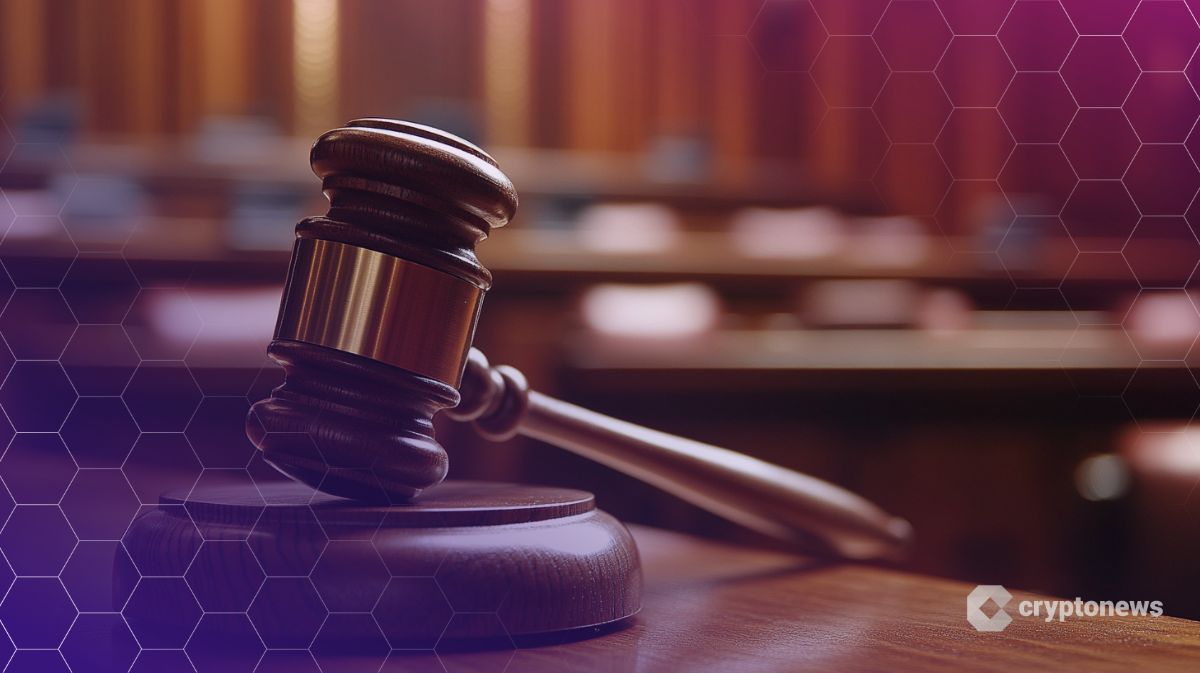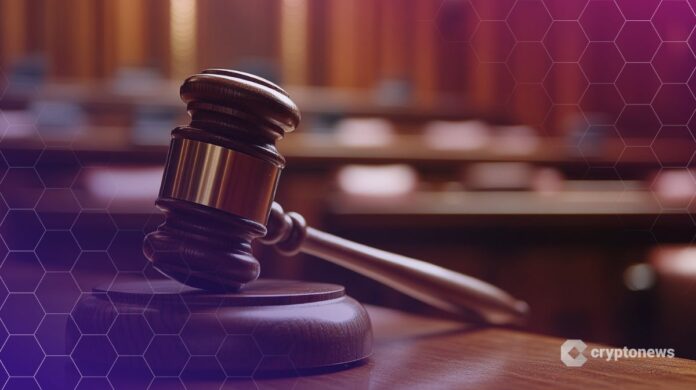SEC Greenlights 2Z Token with Rare No-Action Letter: Actual Depine Finally Regulated?
The US Securities and Exchange Commission (SEC) has published a no-action letter to Doublezero, confirming that programmatic transmissions of its 2Z token are not treated as securities transactions. This move marks a significant milestone for token regulation in the USA, providing clarity on the regulatory status of decentralized physical infrastructure networks (depin).
The letter, dated September 29, represents the first public confirmation by the SEC that a token bound to blockchain-based depin does not trigger securities registration requirements. In the letter, signed by Michael P. Seaman, Chief Counsel of Corporation Finance, the SEC stated that it would not recommend enforcement measures if Doublezero 2Z transfers were carried out as part of the framework described by the company’s lawyer.

The SEC’s no-action letter is based exclusively on the specific information provided by Doublezero, and the agency warns that different facts could lead to a different result. However, this decision confirms Doublezero’s four-month commitment with the regulatory authority and offers a green light for participants and users to engage with the network without fear of securities laws.
SEC Clears Doublezero Token Launch as Peirce Backs Depin Model
Commissioner Hester Peirce published a statement explaining that the Doublezero model fits into the category of decentralized physical infrastructure networks (depin). She emphasized that these projects differ from traditional fundraisers, as tokens are distributed as a reward for providing services such as bandwidth, storage, or energy, rather than as investments reliant on the efforts of others.
According to Peirce, the economic reality of depin projects does not meet the criteria of the Howey test, which defines securities under US law. Treating these tokens as securities, she warned, would stifle the growth of networks dependent on distributed providers. Peirce added that blockchain technology should not be forced into frameworks designed for financial markets and that markets, not regulatory authorities, should determine the success of infrastructure-based projects.
A Milestone for the Crypto Industry and What’s Next for 2Z?
Industry participants consider the letter a significant signal for token launches in the United States, where regulatory uncertainty has long slowed development. According to Doublezero, the decision paves the way to accelerate its goal of building a decentralized network infrastructure. Solana also shared the same sentiment, announcing that Doublezero is creating a dedicated fiber-optic network to scale Solana beyond internet latency boundaries.
The judgment opens access for crypto companies to traditional financing, including bank loans and institutional funds, repeating the legal precedent set by XRP in 2020. In contrast to XRP, Doublezero ensured approval before launch, signaling to regulators that they separate speculative tokens from those with real use cases. 2Z will debut on Binance Alpha and Binance Futures on October 2, with Binance offering a limited airdrop for eligible users as part of the rollout.
Together, the regulatory nod and exchange listings mark a turning point for Solana’s ecosystem. For more information on this breakthrough, visit Cryptonews.

